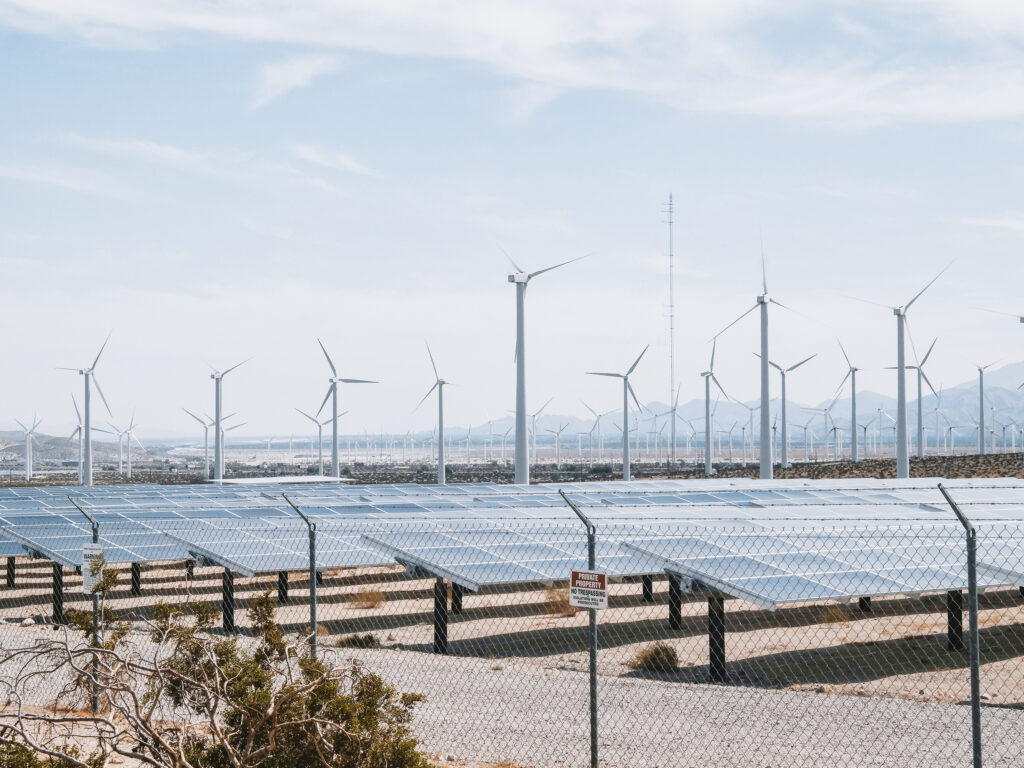Over the last couple of years, inflation has caused a cost-of-living crisis across large parts of the world. Some fearmongers have used the hardship this has caused billions of people to propagate rhetoric that climate change action is unaffordable and running against the interests of ordinary people. Nothing could be further from the truth.
Propagating a green vs. poor narrative is divisive, and it is often used to mask short-term, profit-driven self-interest. The only stable, economically sustainable future is one of energy security, resilience to disasters, well-funded coordinated recovery from them and ultimately a cap on temperature rise at 1.5 degrees centigrade.
Fossil fuels, including coal, oil and gas, are a major driver of the cost-of-living crisis, which is stretching billions of household budgets to breaking point. Prices have swung wildly, as they frequently do, driven higher by uncertainty and conflict. In turn, this pushes up the costs of transport, food, electricity and basic household necessities. In some heavily fossil fuel-dependent countries, household bills rose as much as $1,000 in 2022 due to fossil fuel energy costs.
Consumer costs will rise even further and economic growth will slow as climate impacts become more intense, according to economic authorities such as the United States Treasury, the Reserve Bank of India and the European Central Bank.
High energy prices also shrink profit margins for businesses, hurt economic growth and impede the right to energy access across the world. Inflation hurts the poorest households the most.
This comes as climate disasters are also getting worse in every country. This year will likely be the hottest for 125,000 years. More destructive storms, unpredictable rains and floods, heatwaves and droughts are already causing massive economic damage and affecting hundreds of millions of people across the world, costing them their lives and livelihoods.
The fossil fuel taps can’t be turned off overnight, but there are a lot of opportunities for action not currently being taken. For example, in 2022, governments spent over $7 trillion in taxpayers’ money or borrowings on fossil fuel subsidies. Subsidies fail to protect the real incomes of the poorest households and divert money that are increasing developing country debt burdens, or could have been used to improve health care, build infrastructure — including renewable energy and grids — and expand social programs to alleviate poverty.
Done responsibly, a phase-out of such subsidies would actually help the poorest and improve the economies of the countries now dependent on them.
We have the knowledge and tools to accelerate this transition while ensuring it is fair and just and leaves no one behind.
